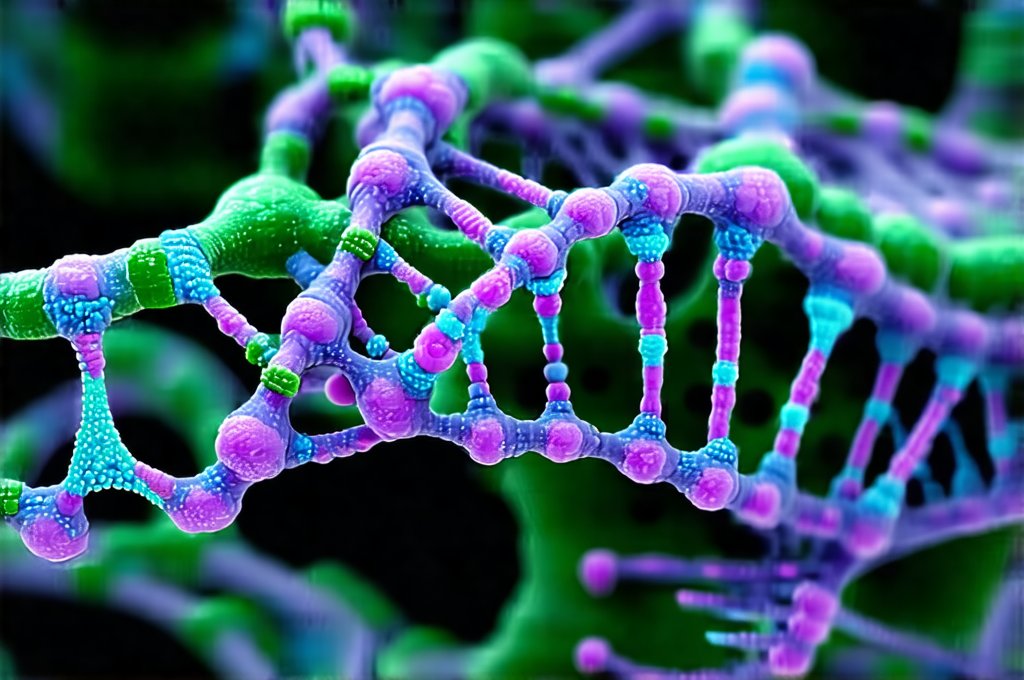Digestion isn’t simply about breaking down food; it’s a sophisticated biochemical process relying heavily on enzymes – biological catalysts that accelerate reactions without being consumed themselves. Optimal enzyme function is crucial for nutrient absorption, energy levels, and overall well-being. However, many modern dietary patterns inadvertently hinder this process, leading to malabsorption, bloating, fatigue, and other digestive discomforts. A key aspect often overlooked is the structure of our meals – how we combine foods and their order of consumption significantly impacts enzyme efficiency. Understanding these principles allows us to create meal plans that work with our bodies rather than against them, maximizing nutrient uptake and promoting vibrant health. You can explore more about supporting enzyme efficiency https://vitagastro.com/daily-habits-that-support-enzyme-efficiency/.
The conventional approach to eating frequently prioritizes convenience and palatability over enzymatic demands. This often results in complex meals containing a wide array of food components arriving simultaneously in the digestive system. Different foods require different enzymes for breakdown – carbohydrates need amylase, proteins require proteases, and fats necessitate lipases. When these are all mixed together, the body must allocate resources to process everything at once, potentially leading to incomplete digestion and reduced absorption. Furthermore, certain food combinations can actually inhibit enzyme activity or compete for digestive resources. Shifting our focus towards mindful meal construction unlocks a more efficient and comfortable digestive experience, improving how we feel both physically and mentally. Consider making lifestyle shifts https://vitagastro.com/top-lifestyle-shifts-for-long-term-enzyme-support/ to support enzyme function long term.
Strategic Food Combining
Food combining isn’t about rigid rules but rather an understanding of how different macronutrients are digested and absorbed. The core principle is to minimize competition between food groups, allowing enzymes to focus on their specific tasks without being overwhelmed. For example, proteins require an acidic environment for optimal digestion (provided by stomach acid), while carbohydrates need a more alkaline environment in the small intestine. Combining large quantities of both simultaneously can neutralize these environments, hindering efficient breakdown. – Separating protein sources from high-carbohydrate meals is often recommended. – Focusing on one primary macronutrient per meal – protein with non-starchy vegetables, or complex carbohydrates with healthy fats – allows for more targeted enzyme activity. – This doesn’t necessarily mean eliminating all combinations; it’s about being mindful of quantities and prioritizing digestive comfort. Finding small choices https://vitagastro.com/finding-power-in-small-choices-that-support-gut-peace/ to support gut health can make a big difference.
The order in which we eat foods also matters significantly. Starting a meal with fiber-rich vegetables prepares the digestive system by stimulating stomach acid production and priming enzymes for action. Following this with protein sources allows for efficient breakdown, while concluding with carbohydrates minimizes blood sugar spikes and reduces digestive stress. This approach mimics how our ancestors likely ate – foraging for greens before consuming larger prey or starchy roots. – Think of it like building a fire; you start with kindling (vegetables) to get things going before adding larger logs (protein & carbs). – The “fiber first” principle is particularly beneficial for individuals with digestive sensitivities or blood sugar imbalances. – It’s also worth noting that chewing thoroughly – breaking down food mechanically before enzymes even come into play – significantly reduces the burden on the digestive system, regardless of meal structure. Optimize meal timing https://vitagastro.com/meal-timing-strategies-for-better-enzyme-activation/ for better activation and digestion.
Sequencing and Timing for Optimal Digestion
The concept of “digestive timing” builds upon strategic food combining by considering how long different foods take to move through the digestive tract. Fats, for example, take considerably longer to digest than carbohydrates or proteins. Introducing a large amount of fat after consuming faster-digesting foods can slow down the entire process, potentially causing fermentation and bloating. – Therefore, incorporating healthy fats earlier in the meal – with vegetables or protein – allows them to be processed more effectively. – Similarly, fruits, being easily digestible, are best consumed on their own or as a separate course, avoiding combination with slower-digesting foods that could lead to fermentation. – This isn’t about restriction; it’s about optimizing the digestive flow for greater comfort and nutrient absorption. You might consider incorporating smoothies https://vitagastro.com/best-smoothies-to-support-digestive-enzyme-activity/ to support enzyme activity as well.
The Role of Pre- and Probiotics
A healthy gut microbiome is intrinsically linked to enzyme efficiency. Probiotics – beneficial bacteria residing in the gut – aid digestion by producing their own enzymes and enhancing the activity of our natural enzymes. – Consuming probiotic-rich foods like yogurt, kefir, sauerkraut, or kimchi can bolster this microbial ecosystem. – However, probiotics thrive on prebiotics – fibers that serve as food for these beneficial bacteria. – Including prebiotic-rich foods such as onions, garlic, leeks, asparagus, and bananas ensures a flourishing gut microbiome capable of supporting optimal digestion.
Furthermore, the health of the gut lining directly impacts enzyme production and absorption. A compromised gut lining (often due to inflammation or leaky gut) can hinder nutrient uptake and impair enzymatic activity. – Addressing gut health through dietary changes, stress management, and potentially targeted supplementation is crucial for maximizing digestive function. – Healing the gut often involves removing inflammatory foods, incorporating soothing nutrients like L-glutamine, and supporting a diverse microbiome. – This holistic approach ensures that enzymes have the environment they need to thrive and perform their vital functions.
Hydration and Digestive Enzyme Support
Adequate hydration is paramount for enzyme activity. Enzymes function optimally in an aqueous environment, and dehydration can significantly reduce their effectiveness. – Drinking water throughout the day, especially before, during, and after meals, supports enzymatic processes and facilitates nutrient transport. – Herbal teas or infused water can further enhance hydration while providing additional health benefits.
In some cases, digestive enzyme supplementation may be beneficial – particularly for individuals with specific digestive challenges or deficiencies. – Supplementing with enzymes tailored to the meal being consumed (e.g., amylase for carbohydrates, protease for proteins) can provide targeted support and alleviate symptoms of indigestion. – However, it’s essential to consult with a healthcare professional before starting any supplementation regimen to determine appropriate dosages and identify underlying causes of digestive issues. – Remember that supplements should complement, not replace, a well-structured diet focused on enzyme efficiency. You may also want to focus on digestive comfort https://vitagastro.com/daily-habits-that-support-digestive-comfort/ through diet and lifestyle.
Mindful Eating and Stress Reduction
Finally, the often-overlooked aspect of mindful eating plays a critical role in optimizing digestion. When we eat quickly or while stressed, our bodies shift into “fight or flight” mode, diverting blood flow away from the digestive system and hindering enzymatic activity. – Taking time to savor each bite, chewing thoroughly, and creating a relaxed dining environment allows for optimal digestion and nutrient absorption. – Practices like deep breathing exercises or meditation before meals can further promote relaxation and enhance digestive function. – Stress significantly impacts gut health and enzyme production; therefore, incorporating stress-reducing techniques into daily life is essential for long-term digestive well-being. Consider herbal remedies https://vitagastro.com/herbal-remedies-that-boost-digestive-enzyme-production/ to support digestion naturally.


















